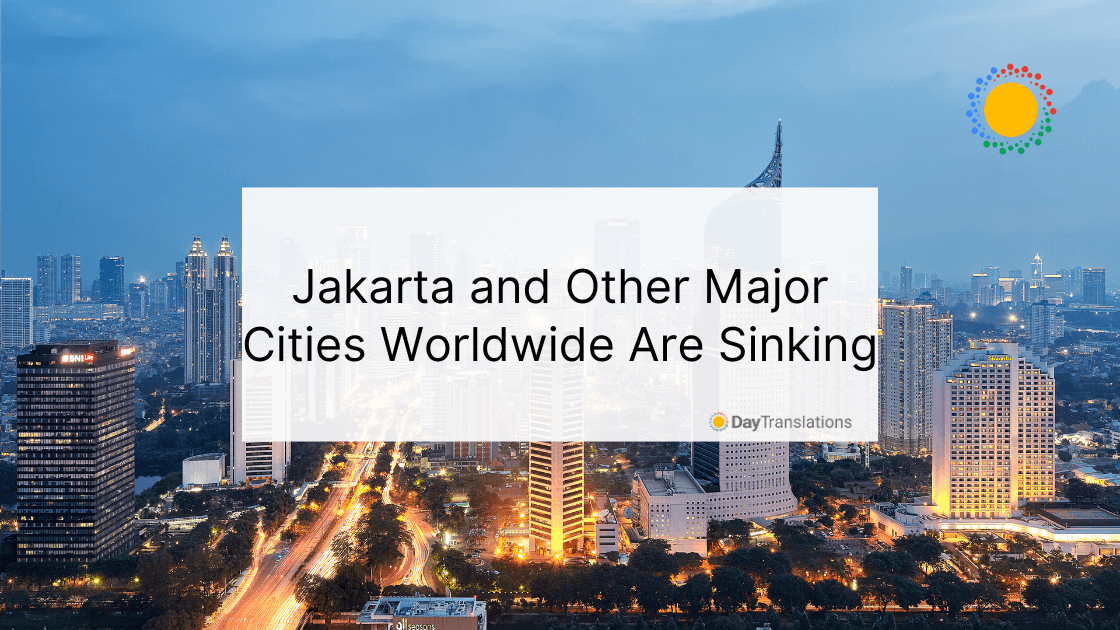The Amazon rainforest covers an area of 6,000,000 square km. or 2,300,000 square miles. The tropical rainforest is the most biologically different and richest reservoir in the world, containing a variety of flora and fauna, many of which are not yet on record. The consistent high temperatures, high humidity and high rainfall in the rainforest contribute to its continuity and extent.
The size of the forest declined due to the encroachment of humans needing settlement areas. A large portion of the Amazon rainforest was cleared for human lodging as well as the creation of farmlands and grazing pastures.
Amazon Rainforest Fires
The fires raging at the Amazon rainforest this past three weeks have put the region in the news once again. According to the news, about 9,500 fires are occurring right now across the Amazon. The public is alarmed since the fires in the Amazon are killing the trees and wildlife in the area. Moreover, the forest fires contribute to the higher levels of emission of greenhouse gas destroying the ozone layer.
But it should be noted that forest fires are common in the Amazon. What is alarming is the frequent occurrence of wildfires this year. During the first half of 2019, over 75,000 fires have already occurred around Brazil. About 50% of that happened in the rainforest, which is 85% more for the same period in 2018. Some of the fires are due to deforestation, exploitation and human encroachment.
Although the loss of forest cover in Brazil’s Amazon rainforest continues, the rate has declined since the 1990s with the help of different international organizations.
People should understand however that forest fires do occur in the Amazon rainforest particularly during the dry season in the region, which usually starts around July or August until the middle of November.
What Causes the Fires in the Amazon?
The Amazon is supposed to be resistant to forest fires because it produces large amounts of humidity and moisture. But the changes in weather conditions are not favorable to the
rainforest. The dry season, the droughts and the farmers and ranchers clearing and burning the land for cattle are the main culprits. The fires bring risk to the forest as well as the indigenous communities that live within the rainforest. The sad fact is that many of the deforestation activities for cattle raising and farming (soybeans mainly) are illegal.
Forest fires in general increase the emission of greenhouse gas, which contributes to the rising of global temperatures. Higher temperatures result in frequent droughts, extending the period of the dry season.
Media reports say that human-made destructions and agricultural activities by farmers, loggers and smallholders are the major contributors to the fires that are burning in the Amazon today
Effects on the Environment
It is said that over 20% of the oxygen in the world comes from the Amazon rainforest. This means that fires in the Amazon has a worldwide effect. Generally, tropical rainforests are cited as “lungs of the planet” due to their ability to release more oxygen and absorb carbon dioxide. Under normal conditions, carbon dioxide is needed for plant fertilization. Therefore, if there is carbon monoxide, more plants will grow in the rainforests, which in turn will be able to release more oxygen. However, if the balance is tipped, it could have adverse effects.
Deforestation has a direct effect on global warming. If more trees are lost, the oxygen level the trees release will decrease, saturating the rainforest with carbon monoxide. Using the theory of supply and demand, if there is an oversupply of carbon monoxide which cannot be used by the rainforests, the gas will be released into the air again. This is why the tropical rainforests such as the Amazon are essential to Mother Earth.
Climate stability depends on the ecosystem of large and dense rainforests such as the Amazon, which is the largest rainforest in the world. Reforestation can be done. However, it would take several centuries for a denuded rainforest to return to its original state. Thus, what is happening in the Amazon is alarming many concerned organizations, scientists, environmentalists and people around the world.
Importance of Rainforests
Rainforests are vital to the oxygen supply of animals and humans. In one year, a tree can produce around 260 lbs. of oxygen. A tree also needs carbon dioxide (CO2) for its growth. It absorbs and stores twice as much CO2 than what is released by a fallen tree. However, when a tree is cut down (like in deforestation), the tree releases the CO2 that is has stored. For example, in the Amazon, a number of trees can absorb about 2.2 billion
tons of CO2. But when you cut the same number of trees, the amount of CO2 that will they will release into the atmosphere is about 1.9 billion tons. This is what causes the alarm worldwide since carbon dioxide makes up 82.2% of the greenhouse gases in the United States alone, according to the 2017 data.
Worldwide Attention
The fires in the Amazon rainforest has caught the attention of people around the world, from ordinary citizens to celebrities to governments and various organizations. According to forbes.com, some celebrities were found to post fake news and unrelated photographs of fires supposedly raging in the Amazon.
Emergency talks among world leaders before the G7 summit made the Amazon crisis top of the summit’s agenda. There were talks about several options, including trade embargos and cessation of donations to the Amazon fund. Social and environmental activities mounted protests, especially to rail against Brazilian President Jair Bolsonaro for his response to the forest fires and his hardline stance of refusing aid from other governments.
While many expressed concern, other people and organizations are joining hands to help the Amazon rainforest. Tim Cook, Apple’s CEO, was the first to put words into action. Through social media, he announced that Apple would donate.
A Tree for a Translation, a Day Translations initiative
Several groups are encouraging people to send donations to relevant organizations to help in the rehabilitation of the Amazon rainforest. We at Day Translations, Inc. likewise has our initiative to help not only the Amazon but the entire world. We created A Tree for a Translation campaign. For every translation project we receive, we will plant a tree with the help of our professional translators who live around the world. Help us in our desire to help save Mother Earth. For all your translation and other language services requirements, kindly call 1-800-969-6853 or send us an email at Contact us. We will respond to you immediately as we are open 24/7, 365 days of the year.
You can also support other organizations, such as Rainforest Action Network, Rainforest Trust, Rainforest Alliance, World Wide Fund for Nature, Ecosia.org, Amazon Watch, Amazon Conservation Team, One Tree Planted and Greenpeace.
Let us work together to save the Amazon and the other rainforests around the world.











Sorry, the comment form is closed at this time.